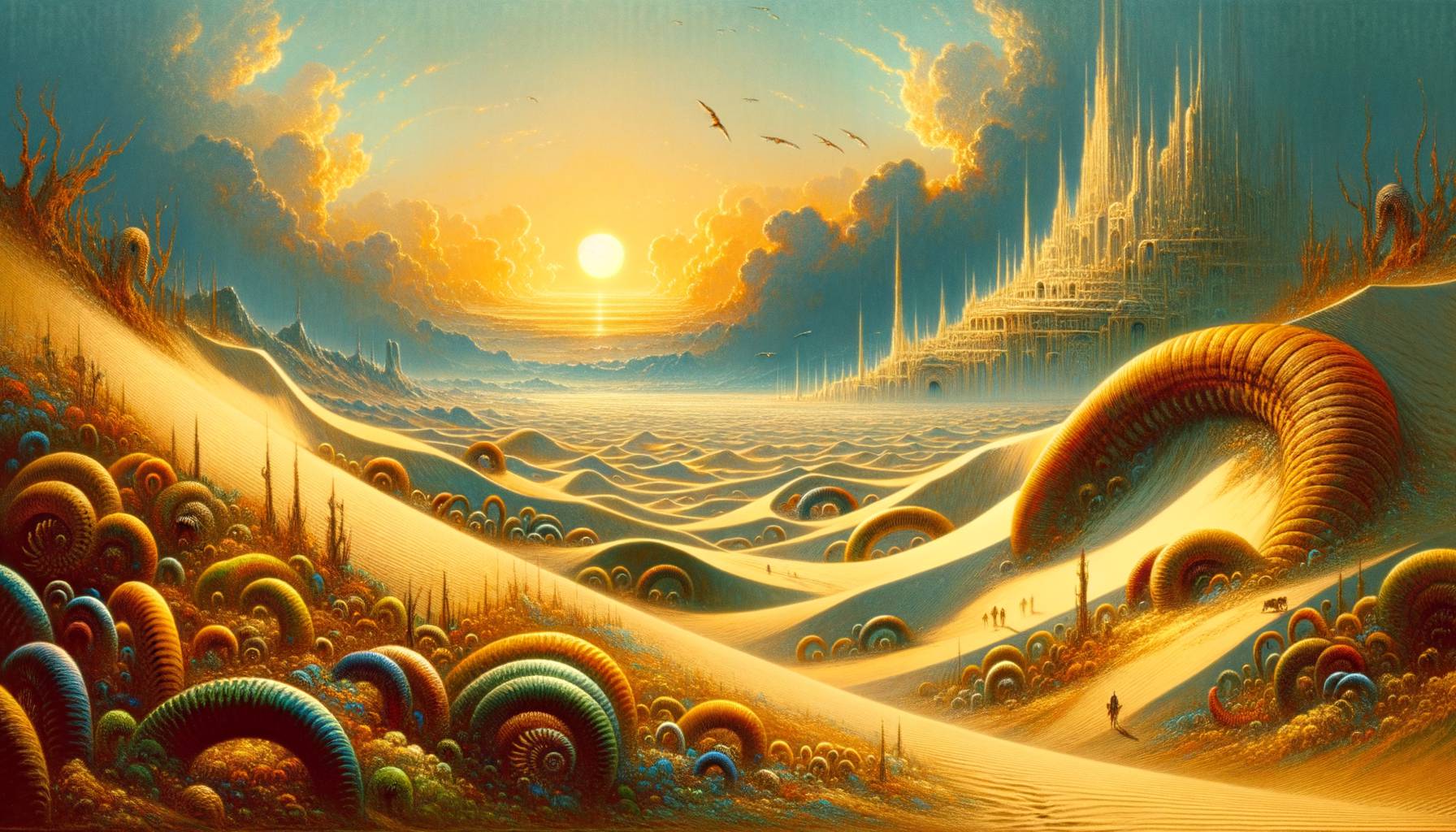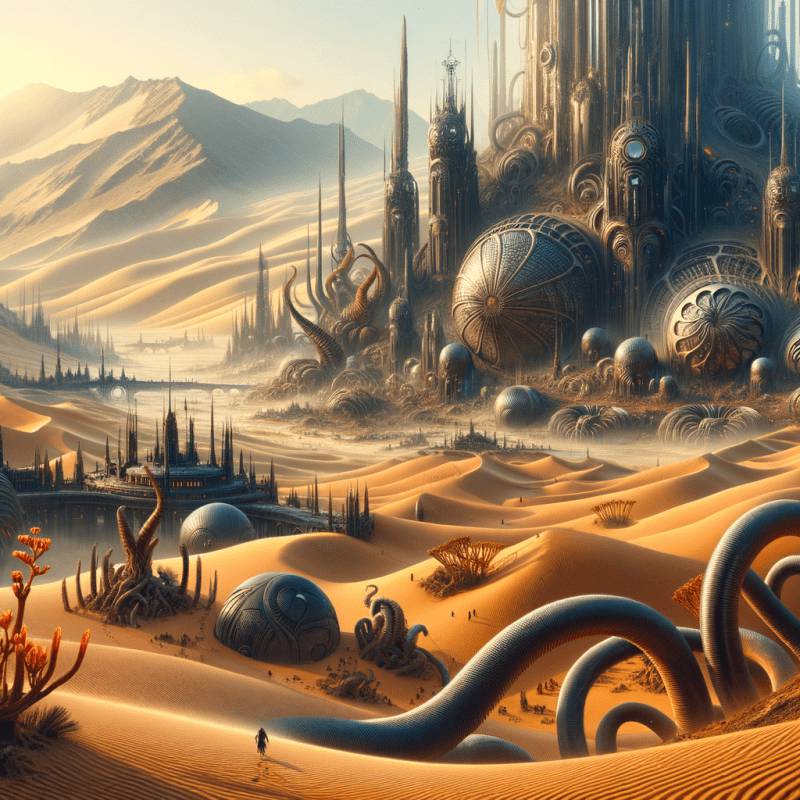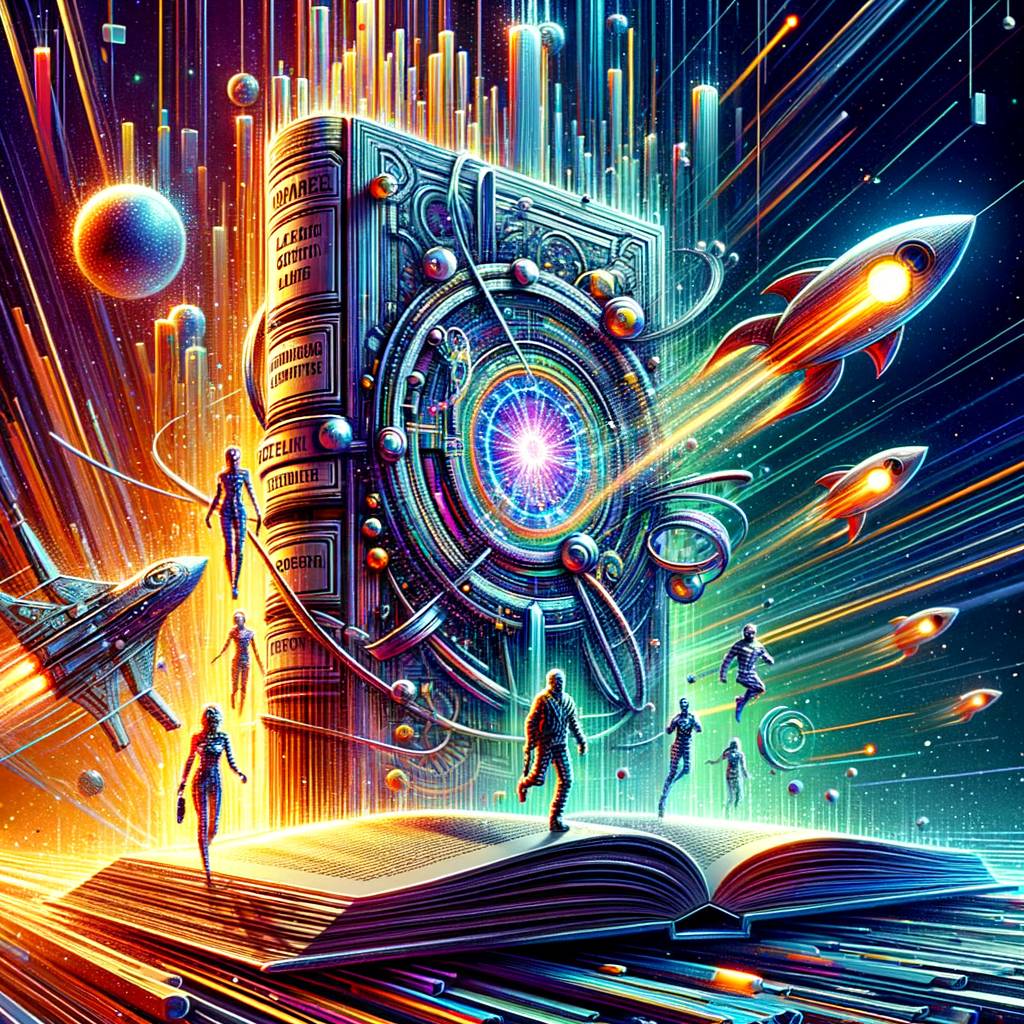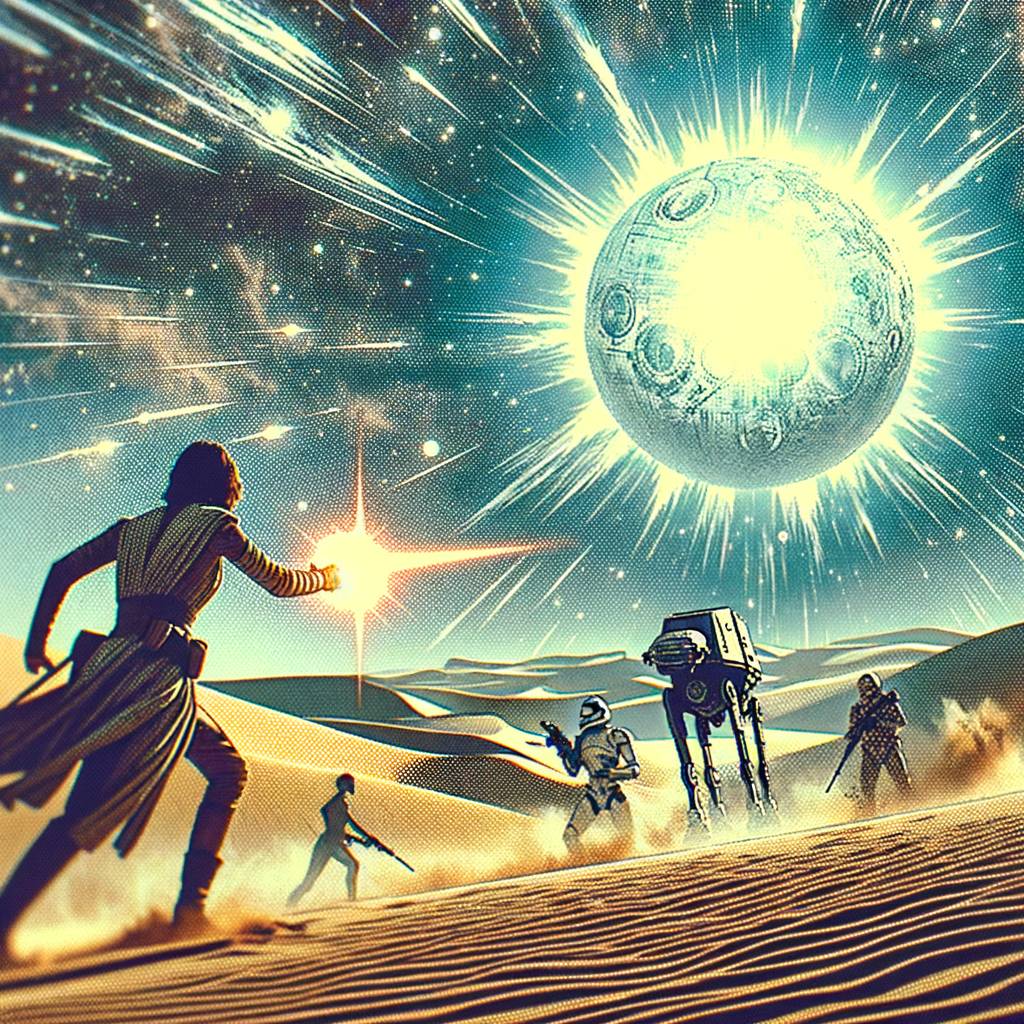Ecology and Empire: The Complex World of Frank Herbert’s Dune

Frank Herbert’s Dune is a science fiction masterpiece that has captivated readers for over half a century. The novel, first published in 1965, is a rich tapestry of political intrigue, religious prophecy, and ecological science. This article will delve into the intricate relationship between ecology and empire in the world of Dune, and how Herbert’s vision continues to resonate in our contemporary world.
The Ecology of Arrakis
At the heart of Dune is the desert planet of Arrakis, also known as Dune. The harsh, arid environment of Arrakis is central to the novel’s plot and themes. Herbert’s detailed descriptions of the planet’s ecology, from its giant sandworms to its precious spice melange, create a vivid and believable world.
Herbert was inspired by his own experiences in the sand dunes of Florence, Oregon, where he was researching a story about the US Department of Agriculture’s attempts to stabilize shifting sand dunes. This sparked his interest in ecology and its impact on human societies, which became a key theme in Dune.
The Empire and the Spice
The political machinations of the Galactic Empire in Dune are driven by the spice melange, a substance found only on Arrakis. The spice extends life, enhances mental abilities, and is necessary for space travel, making it the most valuable commodity in the universe.
The control of the spice and, by extension, Arrakis, is a source of conflict between the noble houses of the Empire. The indigenous Fremen people of Arrakis, who have adapted to the harsh desert environment, are caught in the middle of this power struggle.
Ecology as Power
In Dune, Herbert explores the idea of ecology as a form of power. The Fremen’s deep understanding of the desert ecology allows them to survive and resist the Empire. Their dream of terraforming Arrakis into a lush, green world is a radical act of ecological transformation and resistance against the Empire’s exploitation of their planet.
Herbert once said, “I had this theory that superheroes were disastrous for humans, that even if you postulated an infallible hero, the things this hero set in motion fell eventually into the hands of fallible mortals. What better way to destroy a civilization, society or a race than to set people into the wild oscillations which follow their turning over their critical judgment and decision-making faculties to a superhero?”1
Relevance Today
The themes of ecology and empire in Dune are more relevant than ever in our current era of climate change and geopolitical conflict. Herbert’s vision of a planet being exploited for its resources resonates with our own struggles with environmental degradation and resource scarcity.
Moreover, the idea of ecology as a form of resistance and empowerment offers a hopeful vision for the future. As we grapple with the ecological challenges of our time, the lessons from Dune can inspire us to imagine new ways of living in harmony with our environment.
Conclusion
In conclusion, Frank Herbert’s Dune is a complex and thought-provoking exploration of ecology and empire. The intricate relationship between the ecology of Arrakis and the political machinations of the Galactic Empire creates a rich and compelling narrative. The themes of the novel continue to resonate in our contemporary world, offering valuable insights into our relationship with the environment and the power dynamics that shape it.
1 “Frank Herbert, The Art of Fiction No. 136”. The Paris Review. 1990.



